Prayer and Embodiment in Nineteenth-Century Women’s Writing
In the 19th century, an era that saw a reconfiguration of the relationship between the self, the world and the divine, women writers probed the theological depths of embodied faith in new ways through poetry, fiction, devotional prose and life writing. Elizabeth Ludlow explores how, through this process, they articulated what it means to pray, and thereby understand one's place in a world of individual and communal bodies. The eight women writers discussed – Elizabeth Barrett Browning, Josephine Butler, George Eliot, Elizabeth Gaskell, Dora Greenwell, Felicia Hemans, Adelaide Procter and Christina Rossetti – provide accounts of prayer that stress that the only way to experience and respond to something of the transcendent is through embracing lived experience and through a recognition of the connectedness of all bodies. In detailing how these writers engage with new ways of thinking about faith, desire and the material world, Ludlow argues that they offer models for ethical modes of being in the world and pave the way for later theologies of embodiment.
Looking for a high-quality, original digital edition of
Prayer and Embodiment in Nineteenth-Century Women’s Writing
? This official electronic version is published by
Bloomsbury
and offers a seamless reading experience, perfect for professionals, students, and enthusiasts in
Literature.
Unlike EPUB files, this is the authentic digital edition with complete formatting, images, and original content as intended by the author .
Enjoy the convenience of digital reading without compromising on quality. Order Prayer and Embodiment in Nineteenth-Century Women’s Writing today and get instant access to this essential book!

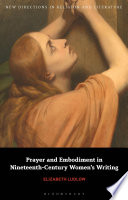
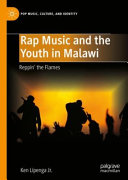
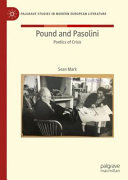
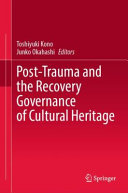
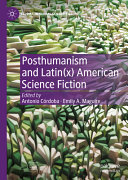
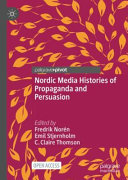
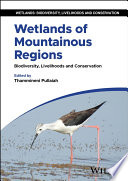
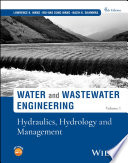
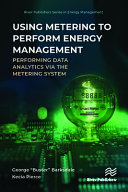
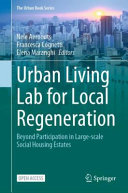
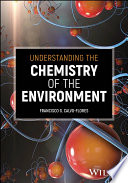
0 Comments